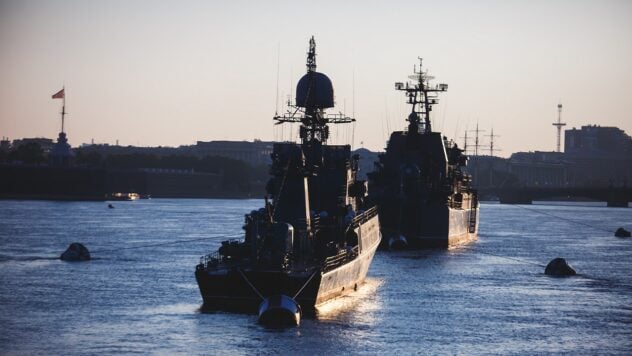
Shandong Port Group has banned tankers under US sanctions from calling at its ports in the eastern Chinese province. There are many oil refineries located there, which are the largest importers of oil from countries subject to the US embargo.
Reuters reports this.
Chinese ports have closed the entrance to tankers of the shadow fleet of the Russian Federation
Shandong Port Group controls major ports on the east coast of China, including Qingdao, Rizhao and Yantai, which are the main terminals for importing sanctioned oil.
Now watching
Last year, Shandong province imported about 1.74 million barrels per day (bpd) of crude from Iran, Russia and Venezuela, accounting for about 17% of China's imports.
Traders say the ban, if implemented, would raise shipping costs for independent refineries in Shandong province, which are the main buyers of sanctioned oil from the three countries.
Washington imposed additional sanctions last month on companies and shadow fleets that handle Iranian oil.
President-elect Donald Trump, who takes office on January 20, is expected to further tighten sanctions on Iran, as he did during his first term administration.
Traders say the ban could slow imports into China, the world's largest oil importer.
The Shandong port notice, issued Monday by two traders and confirmed by a third, prohibits ports from docking, unloading or providing ship services to vessels on a list maintained by the U.S. Treasury Department's Office of Foreign Assets Control.
The ban comes after the sanctioned Eliza II unloaded cargo at Yantai in early January.
Eight very large oil tankers, each with a capacity of two million barrels, unloaded mostly Iranian crude at Shandong in December, according to estimates from Vortexa. Among these vessels were Phonix, Vigor, Quinn and Divine, which are subject to sanctions by the US Treasury Department.
Michelle Wiese Bockmann, chief analyst at Lloyd’s List Intelligence marine data group, noted that the active shadow fleet transporting Iranian, Russian and Venezuelan oil is estimated at about 669 tankers.
According to her data, of these, 250-300 tankers are usually involved in transporting Russian oil, which excludes Iran's largest operator NITC and Russia's leading tanker group Sovcomflot.
According to Reuters, the US Treasury Department imposed sanctions against 35 tankers that are part of Iran's shadow fleet, in addition to vessels operated by NITC. In early 2024, Washington imposed separate sanctions against Sovcomflot.
Let's add that it recently became known that the Biden administration intends to impose additional sanctions on tankers that transport Russian oil in order to reduce Russia's income to finance a full-scale war against Ukraine.

